If I wrote a piece about planning for a pandemic in April 2019 and warned you that communities needed to be ready for social distancing, supply chain issues, and a run on toilet paper, you would have thought I was crazy. After 9/11, critics stated that one of the problems emergency managers have is a failure of imagination. So, today, we need to discuss geopolitics.
As tensions continue to rise between the United States and China, and with China's aggressive stance towards Taiwan, it is becoming increasingly important for communities to prepare for the possibility of war. While the prospect of a world war may seem far-fetched, the reality is that it is always possible, and history has shown us the importance of being prepared.
During World War II, communities in the United States rallied to support the war effort. They planted victory gardens, participated in scrap metal drives, and even went without certain luxuries to conserve resources. The government encouraged citizens to be vigilant and report suspicious activity, and people were ready to do whatever was necessary to protect their country.
Today, the situation is different, but the need for preparedness is just as critical. President Biden's warning about the potential for World War III should be taken seriously, as it is a reminder that the world is still dangerous, and conflict can arise anytime. China's recent aggression towards Taiwan is just one example, highlighting the need for communities to be ready for anything.
Preparing for war does not necessarily mean stockpiling weapons and building bomb shelters. Instead, it means being aware of the potential risks and ensuring that communities are ready for any eventuality. This could involve planning what to do in case of an attack and staying informed about the latest developments in world events.
In addition, communities need to work together to create emergency response teams and establish communication networks that can be used in an emergency. We currently have the infrastructure of such programs as neighborhood watch, fire corps, CERT and RACES. Communities ought to organize community drills to practice evacuation procedures.
Ultimately, the goal of preparing for war is not to promote fear or panic but to ensure that communities can come together and respond effectively in an emergency. By being prepared, we can minimize the impact of any potential conflict.
As the world continues to face various geopolitical challenges, communities must take a proactive approach to prepare for the possibility of war. While it is undoubtedly true that nobody wants to see a significant conflict erupt, the reality is that tensions can escalate quickly, and it is always better to be prepared for the worst. Today, while the challenges facing us may differ, the need for a sense of community and a willingness to support one another remains just as important.
Protecting Critical Infrastructure
Another critical aspect of preparing for war is knowing the potential risks and taking steps to minimize them. To protect our community, we must take steps to protect critical infrastructure, such as power plants, water treatment facilities, and transportation networks, as well as put in place measures to safeguard essential resources like food and medical supplies.
USA Today reports that in 2022 there was an uptick in attacks on power substations in five states in the Pacific Northwest and Southeast. According to the latest available federal energy reports, there has been a surge in physical attacks on electrical facilities nationwide, following a trend that began in 2017.
According to the report, during the first eight months of 2022, at least 108 human-related incidents were reported, exceeding the 99 recorded in all of 2021 and 97 in 2020. Concerned about the sabotage, legislators in North Carolina, South Carolina and Arizona have introduced bills requiring 24-hour security at substations or toughening penalties for damaging them.
Although the people apprehended were domestic terrorists, law enforcement has only solved 13 cases. This highlights the vulnerabilities of the electrical infrastructure.
Of course, it is also essential to acknowledge that there is no one-size-fits-all solution to preparing for war. The steps that need to be taken will depend on a wide range of factors, including the specific threat level facing a community, the resources available, and the overall preparedness of the population.
The Growing China/Russia Alliance
The growing alliance between America's two most significant strategic and military challengers, China and Russia, is causing alarm among experts who fear it has the potential to shift the global order as profoundly as the United States did a half-century ago. This alliance, which has been developing over the past decade, is based on a shared apprehension of encirclement by the United States and NATO.
Russia has long seen NATO's eastward expansion as a threat to its national security. Moscow views the expansion of the Western military alliance into the former Soviet bloc as an existential threat. This was the primary justification for Russia's invasion of Ukraine in 2014, which led to the annexation of Crimea and ongoing conflict in eastern Ukraine. Russia has also strengthened its military presence in the Arctic, competing with NATO to control its natural resources and strategic waterways.
Conversely, China fears that the United States is trying to create an "Indo-Pacific NATO" with a string of Asian defense agreements from the Philippines to Australia. China sees this as an attempt by the United States to contain its rise as a global superpower. Beijing has been aggressively expanding its military presence in the South China Sea, claiming its entire territory as its own. China has built artificial islands in the disputed waters, fortified them with military installations, and conducted regular naval patrols.
The growing alliance between China and Russia is not only a strategic challenge for the United States but also its democratic allies around the world. The alliance poses a threat to the global order that has been built on the principles of democracy, human rights, and the rule of law. China and Russia have been accused of human rights abuses, including crackdowns on political dissidents, journalists, and ethnic minorities. Russia has been accused of meddling in the democratic processes of other countries, including the United States. In contrast, China has been accused of intellectual property theft, cyber espionage, and economic coercion.
The United States and its democratic allies must be ready to respond to this growing alliance between China and Russia. They must work together to counter these two countries' strategic and military threats. This requires strengthening partnerships, investing in defense capabilities, and promoting democratic values worldwide. The United States must also work to address the root causes of China and Russia's grievances, including their perceived encirclement by the West.
There is a crack in the NATO wall. French President Emmanuel Macron recently visited China, where he made a significant statement regarding the ongoing tension between the United States and China. Macron said France would not take sides in a potential conflict between the two superpowers. What does this mean as the US pressures China to leave Taiwan alone? Macron's statement highlights the complexities and challenges of navigating the global geopolitical landscape in an era of increasing polarization and rivalry between major powers.
As tensions between the US and China continue to simmer, other nations will be forced to grapple with the difficult question of maintaining a balance between economic, political, and strategic interests while avoiding being dragged into a conflict that could have far-reaching consequences. The growing alliance between China and Russia has the potential to shift the global order as profoundly as the United States did a half-century ago.
The stakes are high, and the time to act is now.




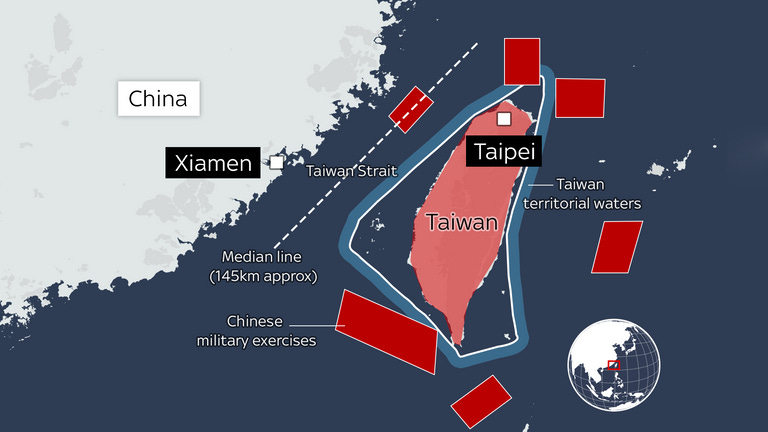
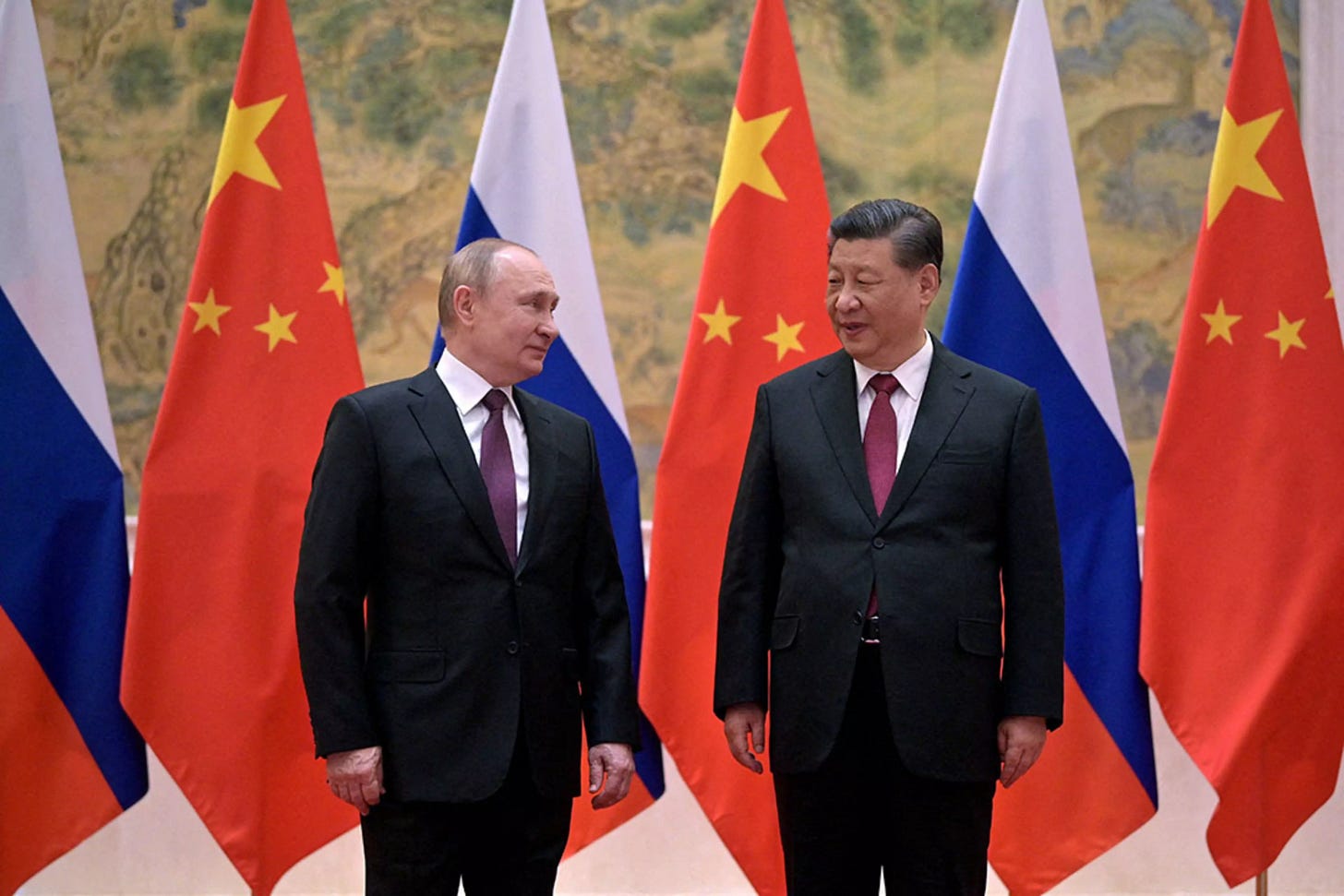
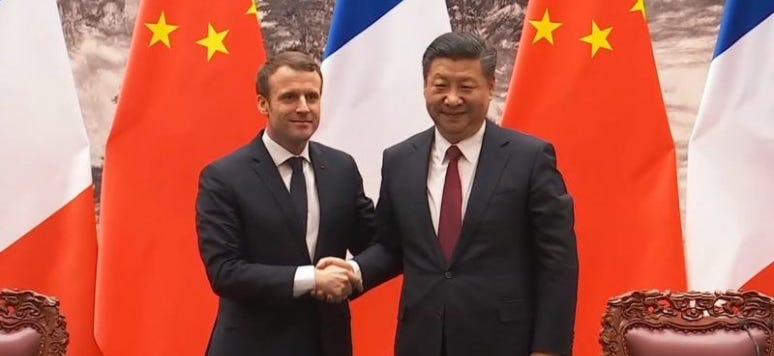

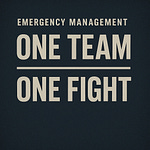





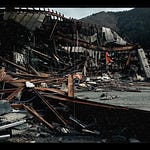

Share this post